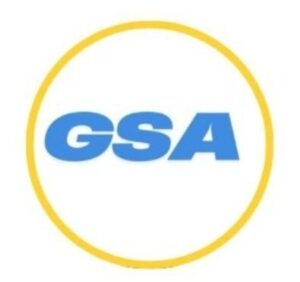Introduction to DPT-3 Filing
To safeguard the interests of creditors and depositors, the Central Government, in consultation with the Reserve Bank of India, introduced an amendment to the Companies (Acceptance of Deposits) Rules 2014 through the Companies (Acceptance of Deposits) Amendment Rules 2019.
In line with this, MCA, vide its notification dated 22nd January 2019, notified that every company other than a government company must file a one-time return in DPT 3. It is also required to be filed annually. Accordingly, a sub-rule (3) was inserted after sub-rule (2) in Rule 16A of the Companies (Acceptance of Deposits) Rules, 2014, which reads as follows:
Every company other than Government company shall file a onetime return of outstanding receipt of money or loan by a company but not considered as deposits, in terms of clause (c) of sub-rule 1 of rule 2 from the 01st April, 2014 to 31st March, 2019, as specified in Form DPT-3 within ninety days from 31st March, 2019 along with a fee as provided in the Companies (Registration Offices and Fees) Rules, 2014.
Transactions Not Considered as Deposits for DPT-3 Filing
Form DPT-3 focuses on reporting deposits a company receives. Here is what doesn’t count as a deposit:
- Share Capital: Money received from shareholders for shares.
- Debentures Issued: Loans from investors, treated separately.
- Advances on Orders: Payments are received upfront for confirmed orders.
- Government Receipts: Money from government or foreign sources.
- Loans from Banks: Money borrowed from banks or financial institutions.
- Inter-Company Loans: Loans from other companies.
- Subscription Advances: Money paid in advance for upcoming securities.
- Employee Deposits: Security deposits from employees up to their annual salary.
Documents Required for Filing Form DPT-3:
To complete the filing of Form DPT-3, the following documents are typically required:
- Auditor’s Certificate: An auditor’s certificate verifying the information provided in the DPT-3 form regarding the company’s deposits and outstanding receipts is mandatory.
Optional Documents (depending on your specific situation):
- Proof of Trust Deed: If your company has created a trust to hold deposits received, a copy of the trust deed needs to be attached.
- Instrument Creating Charge (if any): In case your company has created a charge (security interest) on any assets to secure deposits, a copy of the instrument creating that charge must be uploaded.
- Details of Liquid Assets: The DPT-3 filing may require information on the company’s liquid assets, which are assets that can be easily converted into cash. Documents supporting these details may be required.
- List of Depositors (in some cases): Depending on the specific type and value of deposits received, the MCA might require a list of depositors with their details.

